New agents and new ethos of Daoism in China today(5)
道教之音 Yang Der-Ruey
2015-10-20
Apart from the network of patrons and the network of clergy, there emerged yet another network around the Watergate Mazu Temple – a networ k of lay practitioners and devotees of Daoism in Wudu. The axis of this network, an internet forum for the friends of Daoism in Wudu, was found by several active lay practitioners of Daoism on one of the most popular community websites in Wudu a few months before the temple was opened to the public in 2008.
Regardless of all the other differences, the founders (and also the moderators) of this forum are all male in their late 30s to ear ly 40s, natives of Wudu City, university graduates, and leading a very modest l ife in terms of local standard. The origin of their interests in Daoism varies, but, boil down to the bottom, they were all attracted to Daoism by its lo ngevity skills – whether inner alchemy, Qingong, or methods of physical exercise such as Tai-Chi. Later, they gradually developed broader interests for all sorts of things pertaining to Daoism, such as geomancy, divination, litu rgy, theology, and so on. Thanks to the development of internet in China since the late 1990s, they were able to access more and more information about everything Daoism for free and to befriend those who share common interests, which in turn boosted and sustained their passion for “Daoist culture”. Imaginably, t hey are among the lay devotees of Daoism in Wudu whose expectation has ever been flared up by the restoration of Dockland Mazu Temple and then was badly f rustrated by the result. Hence, when they heard the news about the restoration project of the Watergate Mazu Temple, they decided to create an on-line forum to gather the attention of those who are interested in Daoism to monitor the progress of this case.
Luckily, the smooth progress of the restoration project of the Watergate Mazu Temple and especially the nomination of Mr. Wu, a genuine Daoist priest from the Wudang Mountain, as thepresiding mastereffectively relieved theanxiety of the members of this forum. So, the moderators began to make this forum an on-line billboard for the temple as well as a platform to make friends with local people who share common interests in Daoism. For example, they would post the advertisement for the forthcoming festival or important ritual in the temple on the forum and call for the participatio n of all. Then, after the event, they would post a report of the event and relevant materials, such as some devotional poems made by group members at that day, some photos of the day’s event, etc. According to the most active moderator, Mr. Mid-Autumn Moon (his online nickname), this forum can mobilize from a dozen to over one hundred people to show up in the temple’s event, de pending on the importance of the event and whether that day is a public holiday or not. Certainly, this performance is not impressive at all in terms of the sheer number of people. However, for a newly found small temple like the Watergate Mazu Temple, a dozen or so faithful local devotees who are highly responsive to the call for prayer is undoubtedly a very precious asset. Th erefore, these volunteers of the temple became Mr. Wu’s personal friends and, as a gesture of solidarity, invited the latter to become one of the moderators of this forum.
Due to the limit of space, we shall round up the case two here. For the main concern of this paper, this case illustrates two important facts. First, there are two ranges of new agents coming into play in the soci al sphere of Daoism – the governmental bodies that have never or rarely involved in Daoism before and the emerging virtual communities of lay practitioners/devotees of Daoism organized via internet. Apart from the Bureau of Religio us Affairs that has since been in this sphere as the controlling authority, the governmental bodies that get involved in this case include the Bureau of Tou rism, Bureau of Cultural Heritage Preservation, Bureau of Public Security, a nd many other offices of the municipal and district government. More importan tly, these different governmental bodies have different, sometimes sharply contradicting, policies toward Daoism, such as the hidden but nevertheless rea l conflict between the Bureau of Tourism on the one side and the Bureau of Cultural Heritage Preservation with the Bureau of Religious Affairs on t he other. In addition, the approaches of some governmental bodies toward Dao ism have changed remarkably from a generally discouraging, repressive on e to “benign neglect” or even supportive one. As for the virtual community of lay devotees organized via internet, it’s beyond any doubt that it is a comp letely new thing. Apart from the new media – online forum – upon which it is based, its social composition is also a novel one for Daoism. In contrast to the lay devotee communities of local temples that has been a long time tradition for Daoism and is now still vibrant in Taiwan and Fujian, the virtu al community is not based on geographical proximity or any traditional local bound but solely on personal interests. Corresponding to this, this virtu al community is an equalitarian and liberal one wherein the leadership would go naturally to most knowledgeable or most enthusiast ones, which stands in a sharp contrast to the traditional lay devotee organizations that are always hi erarchical and more or less coercive, reflecting the established distribution of power/wealth of that community. On the other hand, we should also acknowledg ed that this virtual network is quite different from the disciples’ network focusing on Master Rising Sun in the sense that, first, it is not a network among fellow disciples of one master so they don’t have the moral-laden “tongmen shixiongdi” relationship with each other, secondly, the members are all middle to lower-middle class white-collar workers who have neither the strong commitment to renounce everything and join Daoist clergy nor the opportunity to turn themselves into the non-cleric disciples of some respectable master. In other words, it is a network of literally interested amateurs of Daoism who don’t have the will or the ability to devote too much for t heir religious interest.


 |
|




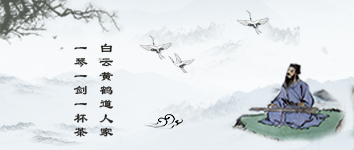
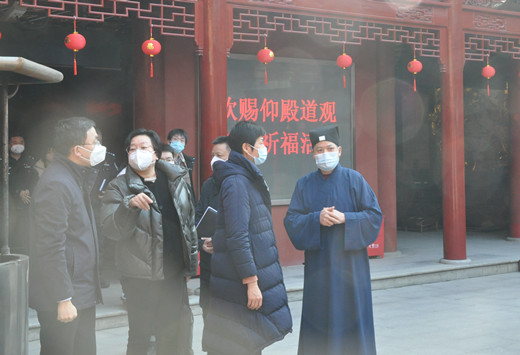

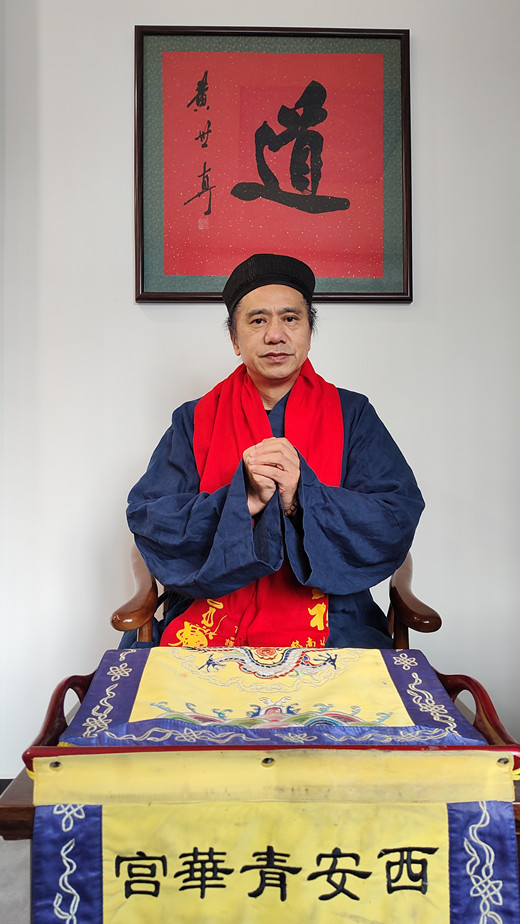
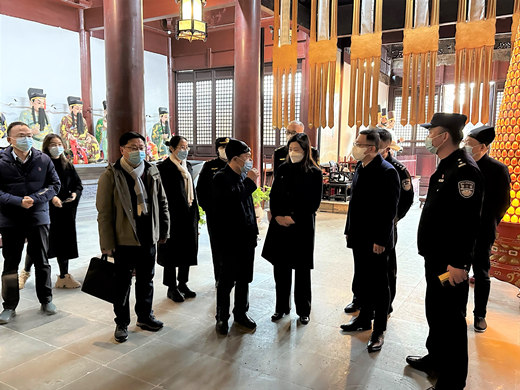
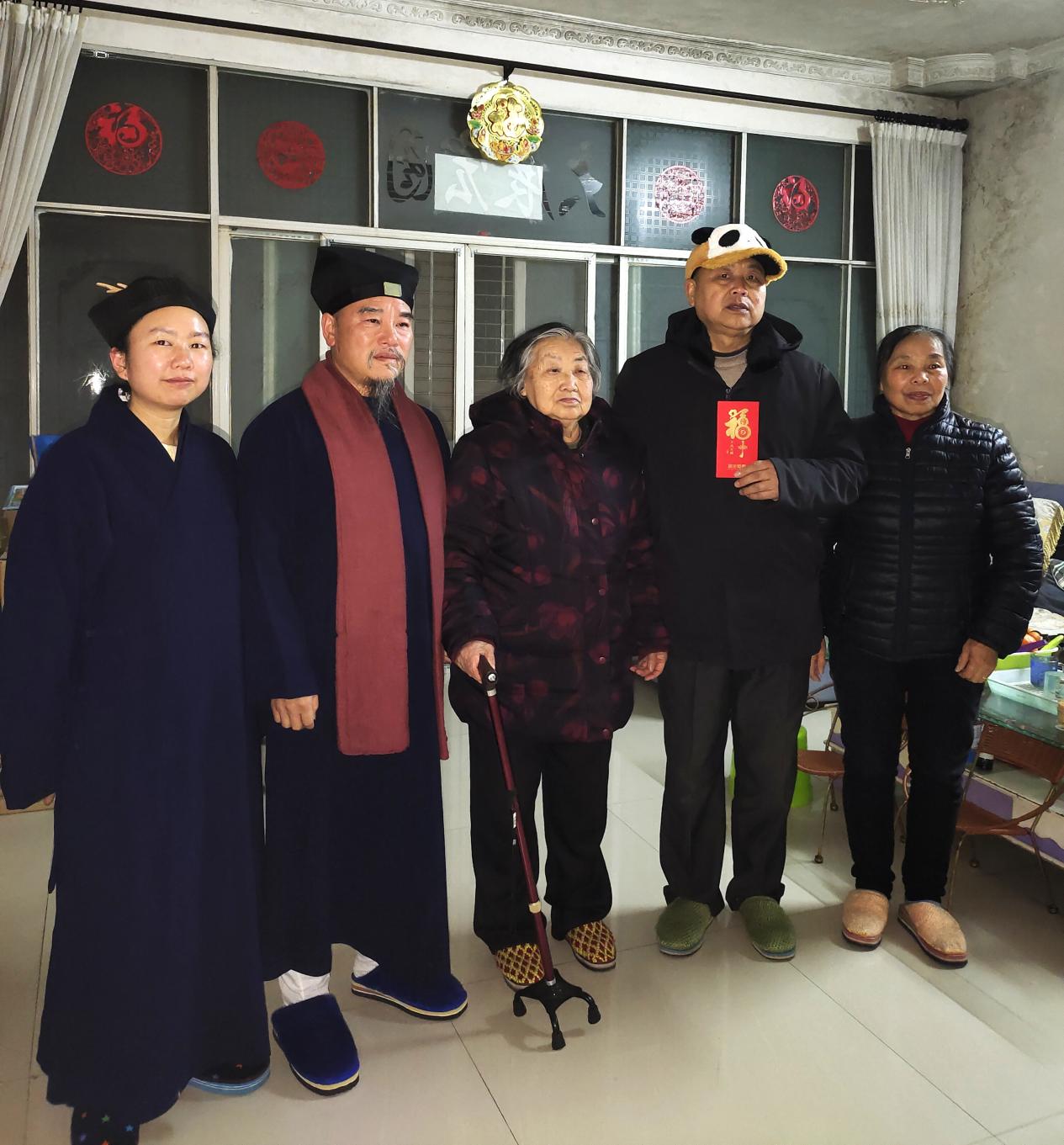
 京公网安备 11010202006208号
京公网安备 11010202006208号